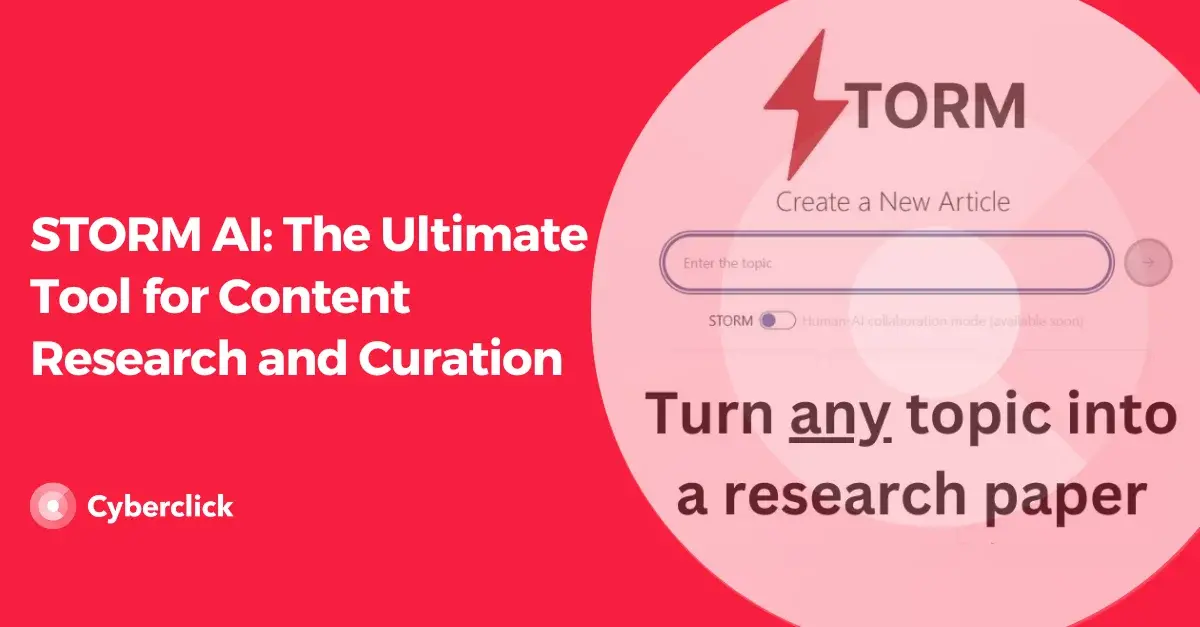OpenAI is redefining the limits of artificial intelligence with deep research. It continues to push the boundaries of artificial intelligence with each new release, and its latest venture, deep research, is paving the way for a future where AI responds to queries and autonomously performs advanced research tasks. This model, based on o3 technology, is not designed for the average user, but rather for professionals who require complex data analysis and precise answers in record time.
Below, we will outline what deep research is, how it works, its applications in digital marketing, and why it could mark a turning point in how businesses handle information.

What Is Deep Research and Why Is It Relevant?
Deep research is an agentic model developed by OpenAI, meaning it can carry out research tasks independently by analyzing, gathering, and synthesizing information from various sources. It is not just a chatbot that answers questions. Instead, it is a system capable of navigating the internet, examining secondary sources, and generating detailed reports with verified citations.
Key Features
-
Recursive Search: It goes beyond the initial source, exploring related links to provide a more comprehensive perspective.
-
Citations and References: It offers verifiable sources in its responses.
-
Optimized for Research: It is designed for tasks that could take humans days to finish, reducing work time to minutes or hours.
OpenAI’s approach with deep research moves away from traditional generative AI models and delves into creating specialized agents—a strategy that could redefine the future of marketing and digital research.
A Premium Product for High-Demand Users
Deep research is not for everyone. It is exclusively available to ChatGPT Pro subscribers for $200 per month, with a limit of 100 queries per month. While this might seem restrictive, OpenAI justifies this limit by emphasizing that each query can save hours or even days of human labor.
Kevin Weil, an executive at OpenAI, has stated that deep research can complete tasks that typically take between 30 minutes and 30 days in just 5 to 30 minutes, depending on the complexity of the request. This marks a revolutionary advancement for industries reliant on data analysis, such as consulting, academic research, and digital marketing.
The Impact on Digital Marketing
Digital marketing relies on efficient data analysis to make informed decisions. Deep Research could radically transform how marketers access and use information. Here are some specific applications:
1. Trend and Competitor Analysis
Marketing professionals can use deep research to conduct in-depth market studies, allowing them to analyze emerging trends and evaluate competitors' strategies in just minutes.
Example Use Case: A tech company could request an analysis of the impact of AI on the software industry and receive a detailed report with recent data and verified references in no time.
2. SEO and Generative Engine Optimization (GEO)
Traditional SEO is evolving into generative engine optimization (GEO), where searches on platforms like Google SGE and Microsoft Copilot rely on generative AI. Deep research could be key for optimizing content in this new landscape, ensuring responses are accurate, backed by reliable citations, and aligned with user needs.
3. Data-Driven Content Creation
High-quality content creation greatly benefits from quick access to verifiable information. Content teams could use deep research to:
-
Gather case studies and credible references.
-
Generate detailed reports on industry trends.
-
Identify content opportunities based on real data.
4. Advertising Optimization and Audience Targeting
Deep research could be leveraged to optimize audience segmentation by identifying consumer behavior patterns and preferences. This would help businesses to design more precise and effective advertising campaigns.
Comparison with Other AI Research Tools
OpenAI is not the only company exploring agentic AI. DeepSeek, developed in China, is another model competing in this space, but with a more affordable approach. While OpenAI prioritizes quality and in-depth analysis, other solutions may focus on offering greater accessibility at lower prices.

A Good Assistant or a Revolutionary Tool?
Deep research is a clear example of how OpenAI is investing in AI hyper-specialization, creating tools tailored for specific industries rather than general-purpose models. Its advanced research capabilities and ability to conduct deep analysis in minutes could revolutionize entire sectors, including digital marketing.
Given this, however, its high cost and usage limitations may slow down adoption. The key question is whether businesses will integrate it into their workflows and whether OpenAI will adjust its pricing model to make it more accessible.
So, is this simply a good research assistant, a must-have for any business, or a premium tool reserved for a select few? The future of agentic AI will provide the answer.
AI Engineer & Data Scientist en Cyberclick, especialista en Computational Maths and Data Analytics. Graduado en Matemática Computacional y Analítica de Datos por la Universidad Autónoma de Barcelona (UAB), su experiencia se centra en el desarrollo de soluciones avanzadas basadas en inteligencia artificial para transformar datos en estrategias de alto impacto.
AI Engineer & Data Scientist at Cyberclick, specialising in Computational Maths and Data Analytics. A graduate in Computational Mathematics and Data Analytics from the Autonomous University of Barcelona (UAB), he focuses on developing cutting-edge solutions driven by artificial intelligence to transform data into high-impact strategies.





.png)
Leave your comment and join the conversation